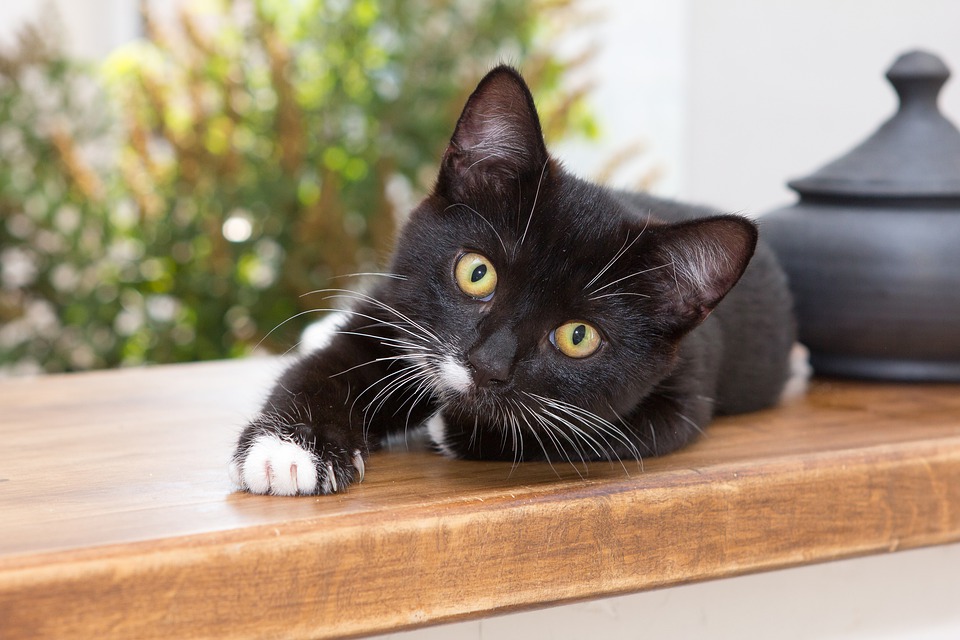A cat from the Liège province was infected by its owner with the coronavirus, reported the FPS Public Health during the daily update press conference about the new coronavirus (Covid-19).
"The veterinary medicine faculty in Liège reported that a coronavirus infection has been determined in a cat. The cat lived with its owner, who started showing symptoms of the virus a week before the cat did,” said professor Steven Van Gucht.
The animal lived in close contact with its owner, and started showing symptoms a week after its owner did. "The cat had diarrhoea, kept vomiting and had breathing difficulties. The researchers found the virus in the cat's faeces," he added. They did not say whether the cat was still alive.
Worldwide, it has been highly exceptional for the virus to pass from human to animal. So far, only three cases where the pet has been infected by humans are known across the world. It concerns two dogs in Hong Kong, and now a cat in Belgium. Both dogs did not show any signs of disease, but the cat has respiratory and digestive disorders, according to the Federal Food Agency.
Related News
- 'No evidence' that your pet can give you coronavirus
- 'Even in lockdown': Maximum 10 glasses of alcohol per week
- Coronavirus: Belgium reaches 7,284 confirmed cases
The Agency has drawn up a number of guidelines aimed primarily at protecting domestic animals. Veterinarians are asked to be more vigilant, and coronavirus patients are advised to take the necessary hygienic measures when touching their pet, to prevent the pet from becoming a carrier of the virus.
So far, there is no evidence that the virus can be transmitted from pets to humans.
“We want to stress that this is an isolated case. Additionally, in this case, we are talking about a human-to-animal transmission, not the other way around," said Van Gucht. "There are no indications that this is common. The risk of animal-to-human transmission is very small,” he added.
"Animals are not vectors of the epidemic, so there is no reason to abandon your animal," the National Council for Animal Protection (CNPA) reacted in the aftermath. However, it advises sick people to "respect the usual rules of hygiene," to wash their hands before and after stroking their pet, and to "not rub their nose against their pets."
Maïthé Chini
The Brussels Times

